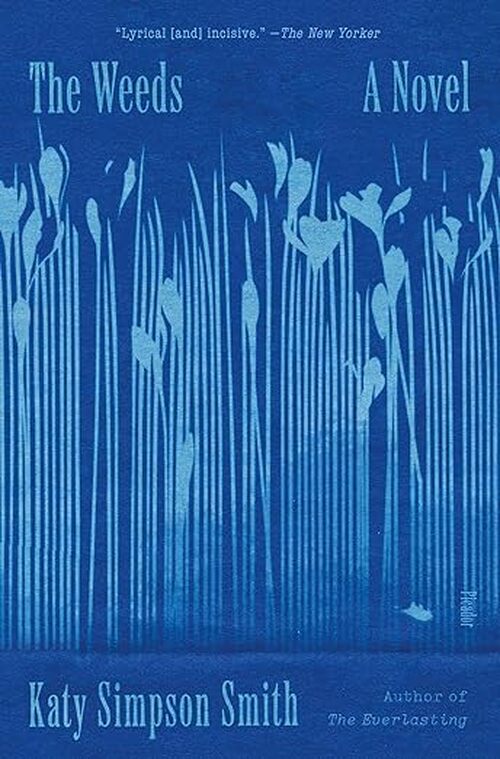

Purchase
Picador
April 2024
On Sale: April 16, 2024
320 pages
ISBN: 1250321778
EAN: 9781250321770
Kindle: B09Y4C8QSK
Trade Paperback / e-Book
Add to Wish List
Women's Fiction Contemporary | Romance
In Katy Simpson Smith’s The Weeds, two women, connected across time, edge toward transgression in pursuit of their desires.
A Mississippi woman pushes through the ruin of the Roman Colosseum, searching for plants. She has escaped her life, signed up to catalog all the species growing in this place. Crawling along the stones, she wonders how she has landed here, a reluctant botanist amid a snarl of tourists in comfortable sandals. She hunts for a scientific agenda and a direction of her own.
In 1854, a woman pushes through the jungle of the Roman Colosseum, searching for plants. As punishment for her misbehavior, she has been indentured to the English botanist Richard Deakin, for whom she will compile a flora. She is a thief, and she must find new ways to use her hands. If only the woman she loves weren’t on a boat, with a husband. But love isn’t always possible. She logs 420 species.
Through a list of seemingly minor plants and their uses—medical, agricultural, culinary—these women calculate intangible threats: a changing climate, the cost of knowledge, and the ways repeated violence can upend women’s lives. They must forge their own small acts of defiance and slip through whatever cracks they find. How can anyone survive?
Lush, intoxicating, and teeming with mischief, Katy Simpson Smith’s The Weeds is a tense, mesmerizing page-turner about science and survival, the roles women are given and have taken from them, and the lives they make for themselves.
Comments
No comments posted.
Registered users may leave comments.
Log in or register now!
| 


 © 2003-2025 off-the-edge.net
all rights reserved Privacy Policy
© 2003-2025 off-the-edge.net
all rights reserved Privacy Policy